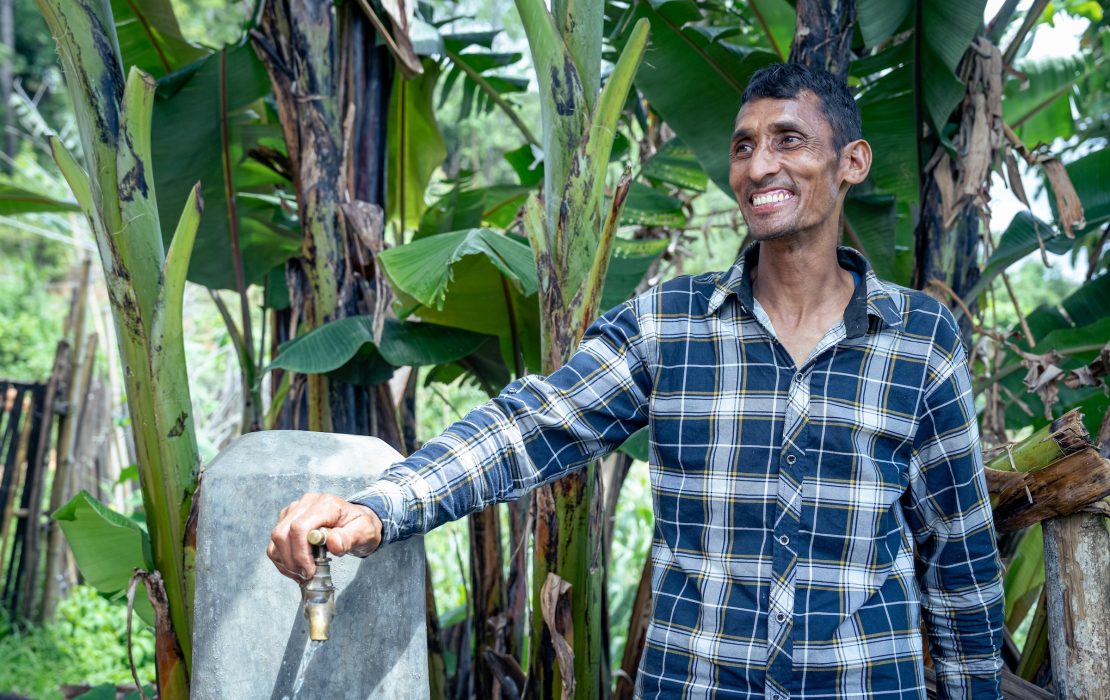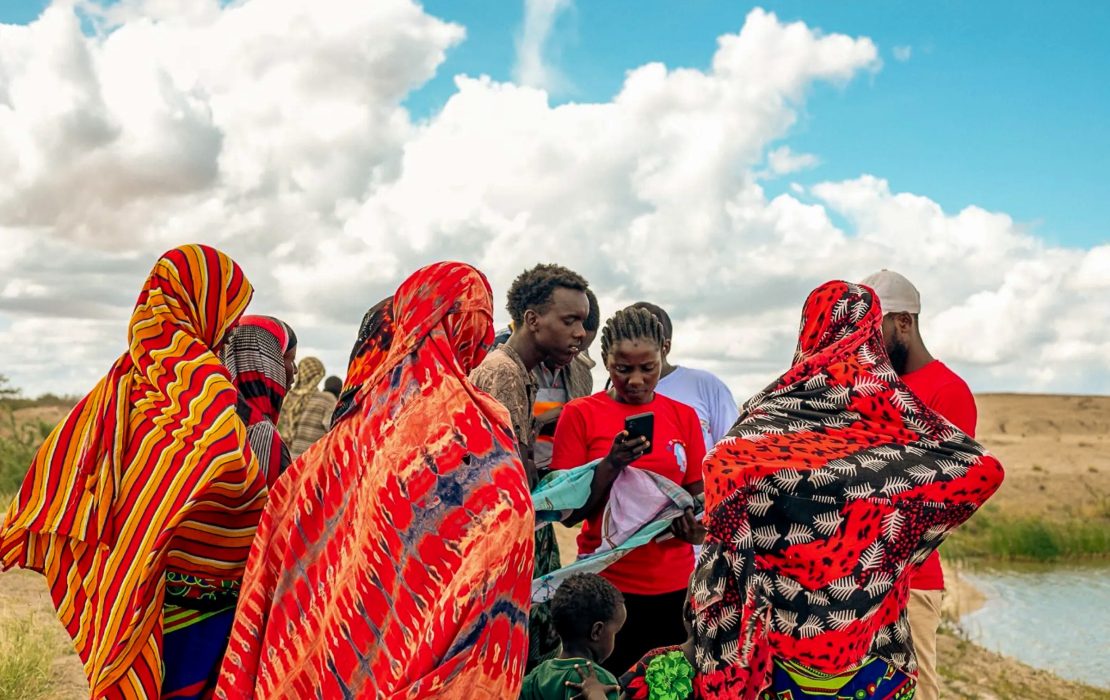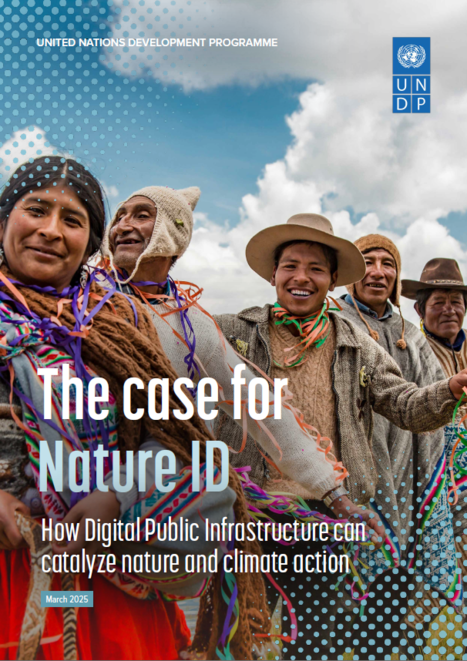Climate change, biodiversity loss and desertification are interconnected crises. Over the past two centuries, humans have altered landscapes on an unprecedented scale, leading to widespread loss of ecosystems and biodiversity. In addition to a significant reduction in the world’s wildlife, this has also substantially weakened nature’s ability to regulate the planet’s climate. In turn, climate change, fueled by ever-increasing greenhouse gas emissions, threatens nature and biodiversity through sudden onset impacts, such as wildfires, droughts and more frequent and intense extreme weather events, and slow onset impacts such as ocean acidification, sea-level rise and desertification. These impacts can result in profound ecological changes, driving more and more species closer to extinction.
Because these crises are inextricably linked, the solutions are similarly connected. Nature-based solutions can provide up to 30 percent of the greenhouse gas emissions reductions needed to limit global warming below 2°C. Protecting and restoring biodiversity, land and ecosystems also enhances resilience, which in turn enhances humanity’s ability to adapt to some of the unavoidable impacts of climate change. Furthermore, ecosystem-based adaptation solutions are generally more cost-effective when compared to gray infrastructure such as seawalls and levees, as operations and maintenance costs decrease over time. They are also more durable, as the protective benefits they provide increase over time, and have significant development co-benefits, such as sequestering carbon and creating new habitats.
To achieve the goals of the Paris Agreement, countries must combine decarbonization efforts with action to protect nature.
Even if emissions were halved by 2030, if biodiversity and critical ecosystems are not safeguarded or restored, global temperatures would still rise precipitously.
Under the Climate Promise, UNDP helps countries raise the ambition and quality of nature-related targets in their Nationally Determined Contributions (NDCs) and supports policy coherence with National Biodiversity Strategies and Action Plans (NBSAPs). Although the second generation of NDCs had more references to nature-based solutions than their predecessors, a global study by the World Wildlife Fund found that many countries lack specific targets on nature. The third generation of NDCs is a crucial opportunity to elevate ambition and quality of the targets and emphasize nature-based mitigation and adaptation approaches and strategies before 2030.
UNDP is committed to strengthening nature-positive approaches as central to achieving the goals of the Paris Agreement. Similarly, we aim to ensure that actions that halt and reverse biodiversity loss optimize climate change mitigation and adaptation. Our approach is three-pronged:
- Delivering integrated impact on the ground: Throughout our work in key sectors such as forests and land use, agriculture and water management, we pursue results that offer integrated benefits for climate change mitigation and adaptation, biodiversity, social equity and gender equality.
- Strengthening policy coherence: We work to align NBSAPs with NDCs and National Adaptation Plans (NAPs), increasing the use of nature-positive approaches as solutions to tackle climate change. We also ensure that these strategies and pledges are consistent with national development policies and plans.
- Unleashing finance that delivers on nature and climate: We support countries to deploy innovative domestic and private finance methodologies and instruments to access and deliver investments that drive results for nature and climate and put stewards of nature, such as Indigenous Peoples, front and center.
This work intersects with that of other UNDP initiatives, such as the Nature Pledge, and with the forests and land, adaptation and inclusion work areas under the Climate Promise. It aims to connect global goals with concrete action on the ground to scale up both NDC ambition and implementation.






